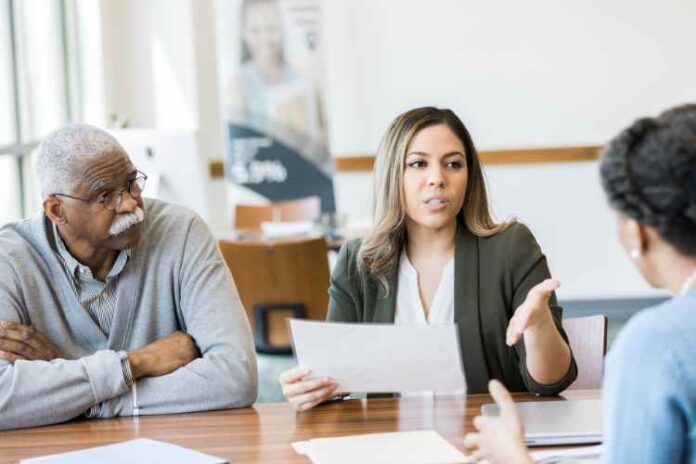As a human rights advocate, you are responsible for protecting human rights in your community. You may work at the local, national, or international level. A clear understanding of human rights is essential for becoming an effective human rights advocate.
Communication Skills
Communication skills are one of the essential soft skills for a human rights advocate like Mohamed Soltan needs. These include speaking clearly and concisely, listening carefully, writing clearly and concisely, and working well in a team environment. Communication can be done in various ways, including verbal, visual, and non-verbal methods. It can also be a combination of all these methods. As a human rights advocate, you can use your communication skills to raise public awareness about a particular issue and pressure the government through different channels of influence. Communicating effectively with other legal professionals and the court regarding your client’s case is also essential.
Education and Training
The growing consensus around the world recognizes that human rights education is an essential tool to promote and protect the human rights of people. This is because people who do not know their rights are more vulnerable to abuse and often lack the language and conceptual framework to advocate for them. Educating young people about human rights allows them to understand and appreciate the importance of universal human rights and their significance for all people throughout history. It also helps them to build a sense of community and commitment, providing them with an understanding of their power to make a difference in the world. School leaders must encourage teachers and educators to engage in continuous adult learning focused on human rights education. This will help educators grow as professionals, and they will be more likely to hold themselves responsible for creating instructional practices and spaces that are friendly to human rights in their schools.
Research
As a human rights researcher, you are responsible for investigating and establishing facts about human rights violations. This can include conducting interviews, tracking and monitoring news stories, studying satellite images and social media forensics, and compiling all the data into a comprehensive report. Researchers also need to understand international human rights laws and bodies that set and monitor standards for human rights advocacy. This includes the UN and regional organizations. Research is essential to advocating for human rights because it allows activists to hold governments accountable and demand action on their commitments.
Moreover, it will enable them to assess the legal and policy situation so they can propose and execute strategies for change. There is growing research on the impact of human rights work on mental health and well-being. Still, much more needs to be done at all levels – individual, organizational, and field-wide – for advocates to be healthy and resilient. This includes dedicated research on how human rights organizations respond to mental health concerns, longitudinal analysis with human rights movements and organizations, studies of low-cost, non-stigmatizing interventions, and overall building a community of practice which can advance opportunities for well-being and resilience among advocates.
Analytical Skills
Analytical skills are a vital part of the human rights advocacy career. They help you analyze information and find solutions for your clients. For example, a finance officer may encounter discrepancies in their financial data and need to investigate what they are, where they came from, and what needs to be done about them. To demonstrate how you use your analytical skills, tell them about any instances when you were faced with a challenge and came up with a solution. Explain how you solved the issue, who or what you consulted, and how you tested your solutions.








